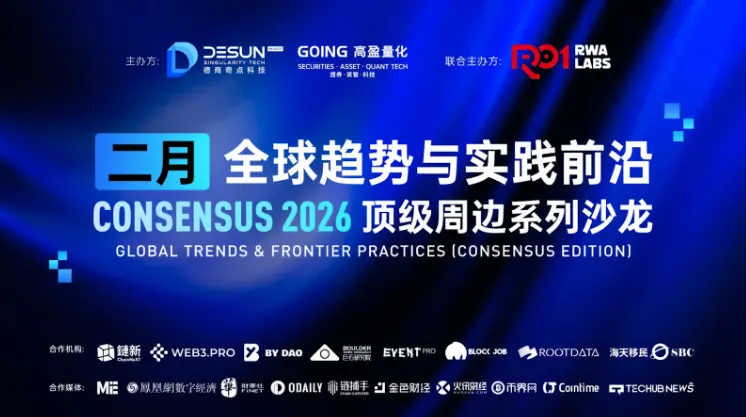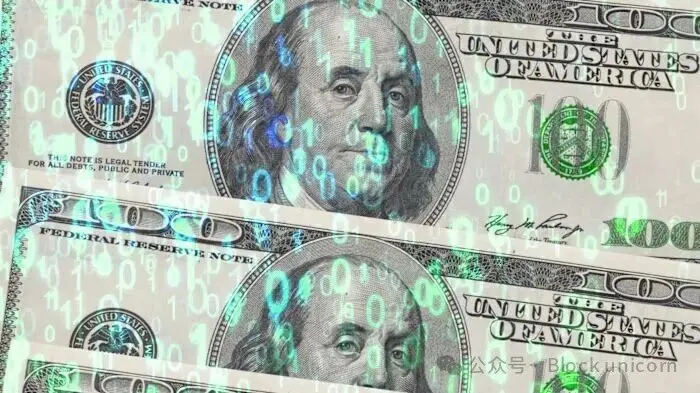Tether CEO Interview: Does the success of USDT mean the failure of the state?
Author: Cointelegraph
Compiled by: Wu Says Blockchain
Tether's CEO Paolo Ardoino discussed the recent turmoil in global markets in an episode of the Cointelegraph podcast, explaining how Tether provides protection for the global middle class. He also criticized the MiCA regulations targeting stablecoins and shared his views on Trump's plan to create a Bitcoin reserve in the U.S.
Does Tether's success indicate a failure of the economy in this country?
Yes, I might express this point slightly differently. While the fundamental mechanism is the same, the success of USDT is actually a symptom of the economic success of many countries. This is not our fault. I think, thank God for USDT, because as I said before, it has helped hundreds of millions of people escape those failing systems. These systems are failing because the governments and central banks of these countries have printed too much money out of thin air for a long time. You can look at what is happening in Japan; the Japanese stock market is crashing, and the yen is not in great shape either. They are doing everything they can to protect it, but at some point, it may collapse. Many countries, many governments, and central banks are facing failure. So ultimately, it's a bit sad. While companies need to make money, you might hope they earn a little less and see more central bank decision-makers being smarter and better at protecting their people.
How does the MiCA regulation affect Tether?
First, there is a bit of misunderstanding. I believe USDT can still be traded on platforms like OKX and Binance. The issue with the restrictions imposed by MiCA is that there are two types of restrictions. One is to reduce or limit the issuance and circulation of stablecoins, which makes the system safer, and we have no problem with that. But there is another type of restriction, which is on reserves. You might think that restrictions on reserves should make stablecoins safer. In fact, the problem I have with these restrictions is that they require 60% of the reserves of stablecoins like USDT to be held in cash in banks.
The issue is that cash deposits over €100,000 in Europe are not insured. If you are a stablecoin company managing €10 billion but can only insure deposits up to €100,000, that creates a big problem. We can look at what happened during the Silicon Valley Bank incident in 2023. Our main competitor had $3.3 billion in cash deposits at Silicon Valley Bank. When Silicon Valley Bank collapsed, we all know what happened, and our main competitor almost went under. So, I think we have a good example of why this is a bad idea. If a bank goes bankrupt because it cannot meet your withdrawal requests, that is essentially a bank run, and as a stablecoin company, you would also go bankrupt because the bank you rely on did not maintain a fractional reserve. So, my concern with MiCA is that it not only does not make the system safer but also introduces significant systemic risks for stablecoins and the underlying banking system.
Additionally, our main competitor has expressed similar concerns in recent weeks. So now there are multiple companies voicing the same worries.
Do you believe in Trump's plan to establish a U.S. Bitcoin reserve?
I think, overall, especially in Asia, central banks have been buying more and more gold in recent months. Bitcoin is far superior to gold, although it is still not widely understood. Gold has a 7,000-year history, so it holds a dominant position in people's minds as the perfect store of value. But Bitcoin is actually much superior to gold. So, if a country incorporates Bitcoin as part of its national reserves, especially if it continues to buy Bitcoin without selling, that would be a very smart move, and many other countries would follow suit.
The beauty of Bitcoin is that it is the only currency completely controlled by mathematics. It is not about trusting a person or institution, but about trusting mathematics. And mathematics is the only objective thing we have in this universe. So, if a country, especially a powerful one like the U.S., uses a currency backed by mathematics, it would send a huge signal to the rest of the world. I am very optimistic about this.
As for Tether, part of our company's reserves is also held in Bitcoin, and we convert some of our profits into Bitcoin. So, if this strategy is proven correct, it will validate the strategy we have always pursued.

























